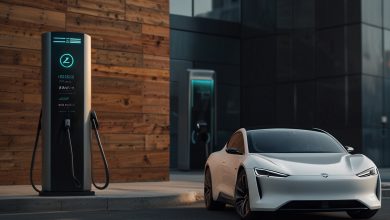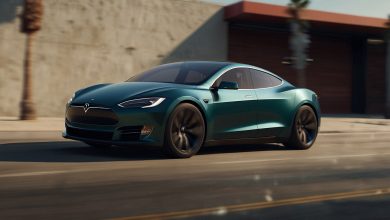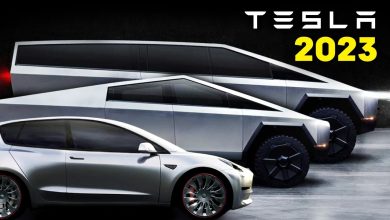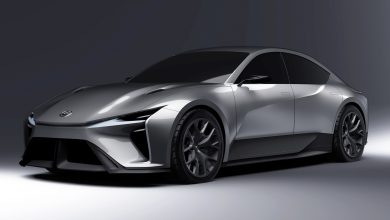Information about electric cars for beginners
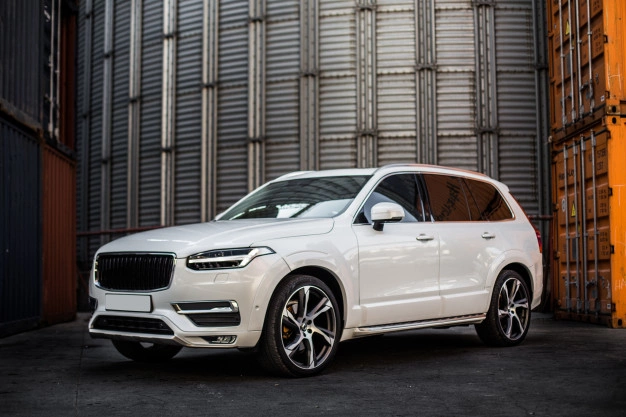
Information about electric cars for beginners Cars that use an electric motor to propel them The engine is powered by batteries and these batteries are charged at charging stations These cars do not produce any harmful emissions to the environment Electric cars preceded diesel and petrol cars by many years.
Read more: Electric vehicle drives information
Information about electric cars for beginners
- Between 1832 and 1839 Scottish inventor Robert Anderson invented the first electric car, making this type of the car successful until 1913.
- That’s when an American car company invented the electric starter in internal combustion engines.
- This led to the demise of electric cars, and later on, electric cars were developed.
- The ownership of these cars increased from 1,607 in 1992 to 55,852 in 2004.
What is the way electric cars work?
- Electric cars are similar to conventional cars in terms of exterior appearance, similar bodies, and interior designs.
- But this type of electric car differs from conventional cars in terms of the basic parts, which are the energy storage unit, the control unit, and the drive unit.
- The energy is usually stored in a high-end battery, the most common of which is the bulk chemical battery.
- The control unit is the basis of these cars as it regulates the operation and propulsion of the car as well as converting alternating current into direct current power.
- The propulsion unit converts this energy into physical motion to act as an electric motor.
- These cars differ from each other and the difference is in terms of the three main components.
- For example, an electric motor could be in a car at the back instead of at the front.
- It can also be several electric motors, and the energy may be stored in bulky lithium-ion or lead-acid batteries.
What are the advantages of electric cars?
- In light of the rapid development of the automobile industry and the production of environmentally friendly cars that run on electricity instead of petroleum derivatives, cars that run on electricity have been produced.
- Where electric cars have many advantages and this is what distinguishes them from other traditional cars.
- And here are these features in addition to information about electric cars for beginners:
Electric car charging:
The electric car can be charged at home without the need to go to the gas station or charging station these cars.
Distance covered by a single charge:
The new electric car can travel 200 kilometers on a single charge, and some hybrid cars can travel 40-80 kilometers on electricity.
The distance an electric vehicle travels depends on the battery size, vehicle weight, and temperature, as well as the driver’s driving style.
Electric vehicle charging cost:
- The cost of charging an electric car at charging stations is less than what a patrol car costs.
- The annual average charge for an electric vehicle is $530.
- The average fuel bill is about $2,500 per year.

What are the disadvantages of electric cars?
In the following lines, we will mention the disadvantages of electric cars, which are information about electric cars for beginners:
Electric cars
- It is a car that runs on electric power instead of the usual engine, where there are several batteries inside to be charged from an electric source.
- It can also be recharged many times when needed, and most companies have begun competing to make electric cars and improve and develop them.
- When making the decision to purchase an electric car, there are several important things that we must take into account before that.
- Because there are several other options, such as hybrid cars and cars that run on gas, gasoline, or diesel, and we mention in the following the most important things to be aware of:
Need continuous charging
Charging the car battery is one of the most important things on the minds of electric car owners; Because it is the main factor by which the vehicle will continue to travel.
The following is one of the most important disadvantages of electric cars in terms of charging:
Number and availability of charging stations
- With all attempts to build stations and charging points for electric cars.
- It is still not comparable to the number and availability of gas stations; Because the infrastructure of charging points is still weak.
- Also, especially since not everyone can own it because they cannot charge their cars at home, especially at night.
- Some of them live in high-rise apartments and do not have private places for cars.
- And this makes it difficult for them.
Mileage range
Despite the continuous development with regard to increasing the range of distances covered by electric cars, they are limited and do not compete with cars that run on fuel.
Especially with the interference of weather and terrain factors that affect the performance of the battery.
Electricity bill
- It is certain that the cost of charging an electric car is lower than the cost of filling up a regular fuel car.
- But there are several factors that will affect the cost of filling.
- Such as the charging time for your vehicle, its location, and the rates offered to you by your electricity provider.
- And the cost of installing a home charging station. For example.
- If your vehicle needs a capacity of (40 Kwh) to fully charge and the price of a kilowatt (18 cents) will be the cost per charge ($7.20).
- And if you want to install a solar charger for the car.
- The installation of the solar system will cost you approximately (7,000 dollars).
Constant worry
The biggest concern for electric car drivers is the fear that the battery will run out before they reach their destination.
Read more: Types of electric and hybrid cars
Electric Vehicle Battery Warranty
- Let’s start by looking at the manufacturer’s warranties. For example.
- The battery in a Tesla Model S or Model X is guaranteed for eight years or 150,000 miles.
- You get the same eight-year, 70 percent warranty on the smaller Model 3, but the mileage limit is 100,000 on the standard range models or 120,000 miles on the Long Range and Performance variants.
- While the batteries in Renault Zoe and Peugeot e-208 are covered for eight years or 100,000 miles, meanwhile.
- Warranty on the Nissan Leaf ranges from five years/60,000 to eight years/100,000 miles, depending on the model.
- When estimating battery life, these warranties are a good place to start.
- If a manufacturer is willing to warrant a 100,000-mile battery, that should cover nearly a decade.

